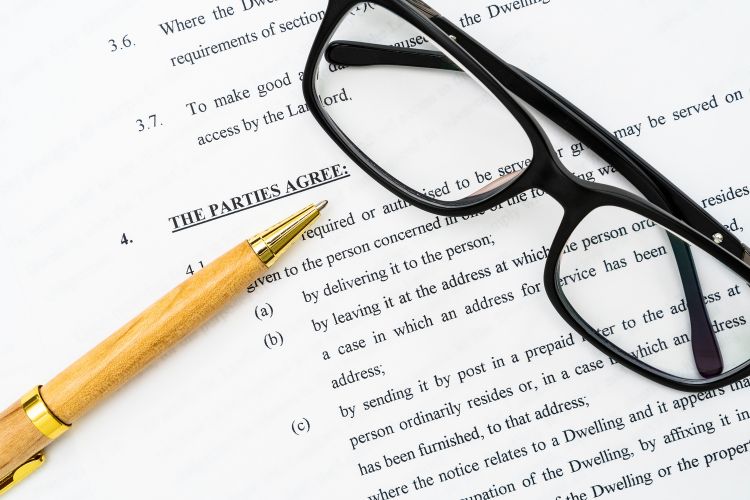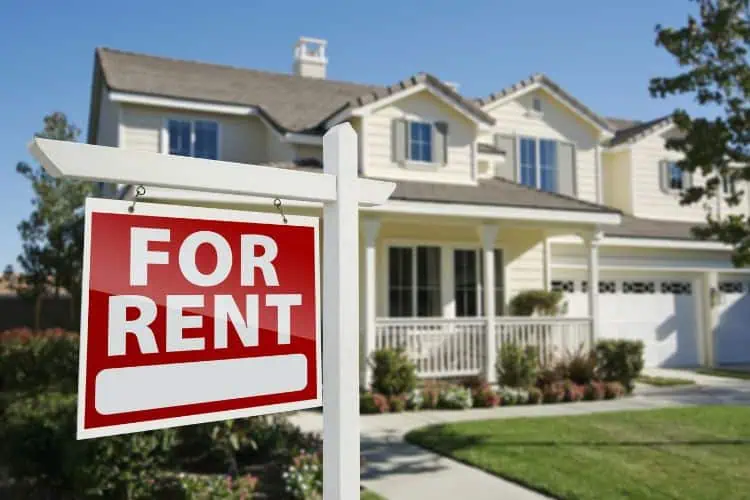In Queensland, Australia, property owners have the option to manage their rental properties independently without the need for a professional property management licence.
Self-managing a rental property can be a rewarding and cost-effective approach for landlords, as it allows them to maintain direct control over their investment while potentially increasing their profit margins.
However, it’s crucial to understand the responsibilities and challenges that come with this hands-on approach before embarking on the journey of self-management.
In this post, we’ll explore the key aspects of how to manage rental property by self in Queensland, providing insights and practical tips to help you navigate this endeavour successfully.
Legal Requirements for Self-Managing Rental Properties in Queensland
In Queensland, property owners are not required to hold a specific licence or certification to manage their own rental properties that are under their name.
However, it’s essential to familiarise yourself with the relevant landlord-tenant laws, regulations, and fair housing practises to ensure compliance and avoid potential legal issues, and to figure out whether or not professional property management is necessary. Read further for information on professional property management in Ipswich.
The Residential Tenancies and Rooming Accommodation Act 2008 (RTRA Act) governs the rights and responsibilities of landlords and tenants in Queensland. This act outlines crucial aspects such as rent payments, entry requirements, dispute resolution, and termination processes.
Additionally, the Australian Consumer Law and the Competition and Consumer Act 2010 provide guidelines for fair trading practises, which landlords must adhere to when advertising and marketing their properties.
Fair housing regulations, such as the Anti-Discrimination Act 1991, prohibit discrimination based on factors like race, gender, disability, or family status during the tenant selection process. Landlords must ensure their screening criteria and decision-making are fair and equitable.
Furthermore, local councils in Queensland may have specific ordinances or rules related to rental properties, such as occupancy limits, noise restrictions, or parking regulations. It’s advisable to research and comply with any applicable local laws in your area.

Key Responsibilities of a Self-Managing Landlord
Managing a rental property independently involves a wide range of responsibilities that span various aspects of property management.
Here are some of the key tasks you’ll need to undertake:
Tenant Screening and Selection
- Advertising vacancies: Effectively marketing your property through various channels to attract potential tenants.
- Conducting interviews and background checks: Thoroughly vetting applicants’ rental history, employment status, and references to ensure responsible tenancy.
- Draughting lease agreements: Preparing comprehensive and legally compliant lease agreements that outline the terms and conditions of the tenancy.
Property Maintenance and Repairs
- Routine inspections and preventive maintenance: Conducting regular property inspections and addressing minor maintenance issues promptly to prevent larger, costlier problems from arising.
- Coordinating repairs and contractors: Identifying and hiring reliable contractors for repairs, renovations, or specialised maintenance tasks, and overseeing their work.
- Handling emergencies: Being prepared to respond quickly to urgent situations such as burst pipes, electrical issues, or security breaches, to protect the property and ensure tenant safety.
Rent Collection and Financial Management
- Setting competitive rental rates: Researching local market conditions and comparable properties to determine fair and competitive rental rates for your property.
- Collecting rent and managing late payments: Establishing a reliable system for collecting rent on time and addressing late or missed payments in accordance with the RTRA Act.
- Maintaining financial records and budgeting: Keeping detailed records of income, expenses, and maintenance costs, and creating a budget to effectively manage the property’s finances.
See also details on how long property managers keep records.
Time Management and Personal Considerations

Self-managing a rental property can be a significant time commitment, especially if you have multiple properties or other professional obligations. It’s essential to realistically assess the time and effort required for effective property management and develop strategies to balance these responsibilities with your other commitments.
Time management skills and organisational strategies are crucial for self-managing landlords. Establishing routines, utilising digital tools and calendars, and setting clear priorities can help streamline your property management tasks and ensure nothing falls through the cracks.
Additionally, it’s essential to consider your personal circumstances and capabilities. If you have limited time, live far from the rental property, or lack specific expertise in areas like maintenance or legal compliance, it may be beneficial to outsource certain tasks or hire assistance.
Enlisting the services of contractors, handymen, or virtual assistants can help alleviate some of the workloads while allowing you to maintain overall control.
Building a Network and Resources
As a self-managing landlord, having a reliable network of professionals and resources can be invaluable. Building relationships with local contractors, tradespeople, and service providers can ensure timely and cost-effective maintenance and repairs for your property.
Joining landlord associations or networking groups in your area can provide access to valuable knowledge-sharing opportunities, legal updates, and best practises. These networks can also connect you with trusted vendors and suppliers, further streamlining your property management efforts.
Additionally, leveraging online resources and property management software can significantly enhance your self-management capabilities. Online platforms offer a wealth of information, templates, and tools to assist with tasks such as tenant screening, lease management, and financial tracking.
Investing in user-friendly property management software can centralise and automate various aspects of your operations, saving time and increasing efficiency.
When to Consider Hiring a Professional Property Manager
While self-managing a rental property can be a rewarding and cost-effective option, there are situations where hiring a professional property manager may be more beneficial.
Conducting a thorough cost-benefit analysis can help you determine if the potential savings from self-management outweigh the time, effort, and stress involved.
Consider hiring a professional property manager if you:
- Own multiple properties or have a complex rental portfolio that requires significant time and attention to manage effectively.
- Have limited time or expertise in areas like tenant screening, legal compliance, or maintenance coordination, which could lead to costly mistakes or oversights.
- Desire a more hands-off approach to property management, allowing you to focus on other personal or professional endeavours.
Professional property managers bring a wealth of expertise, industry knowledge, and established networks to the table. They are well-versed in landlord-tenant laws, fair housing regulations, and local ordinances, ensuring compliance and minimising legal risks.
Additionally, they often have access to reliable contractors, efficient tenant screening processes, and comprehensive marketing strategies, which can streamline various aspects of property management.
While hiring a property manager involves additional costs, the peace of mind, time savings, and potential for increased rental income can make it a worthwhile investment for many property owners. Besides, you can always report bad property management.
Wrapping Up
Self-managing a rental property in Queensland can be a fulfilling and financially rewarding endeavour for property owners who are prepared to take on the responsibilities and challenges that come with it.
By understanding the legal requirements, mastering the key tasks involved, developing effective time management strategies, and building a strong network of resources, you can successfully navigate the world of self-property management.
